New studies suggest that blood pressure medications have nothing to do with depression, in fact some of them help alleviate the condition. Read what the study says.
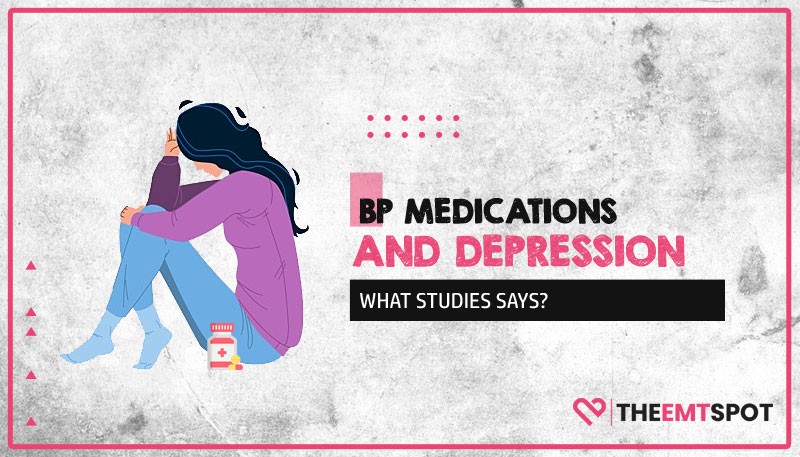
Quick Summary
- Recent researches has overturned a long-held misconception that blood pressure medications cause depression.
- After examining 41 drugs in four categories, researchers found no evidence of depression.
- Nine studied drugs were even associated with a reduced likelihood of developing it.
- Medications such as enalapril (Vasotec), ramipril (Altace) were found to be associated with suppressed rates of clinical depression.
Recent advances in medical research have uncovered an intriguing finding regarding the connection between blood pressure medications and depression: there may not be one.
A new study conducted by researchers from American Heart Association (AHA) has revealed that individuals taking blood pressure medicines are no more likely to suffer from depression than those who do not take such medications.
This discovery has important implications for how we understand certain mental health conditions and suggests new strategies for treating them.
In this blog post, we’ll discuss the study’s findings in detail and explore what they could mean for treating depression and other related afflictions.
Contents
Do Blood Pressure Medications Trigger Depression
No, they do not. Previously circulated notions claimed that blood pressure medications could trigger depression.
However, recent research from the American Heart Association has overturned a long-held misconception that blood pressure medications cause depression. An analysis of 41 different kinds of drugs yielded stunning results – not only did none increase the risk, but some appeared to lessen it!
This came as quite a surprise to researchers, and Dr. Lars Vedel Kessing, a psychiatry professor at Psychiatric Center Copenhagen/University Copenhagen in Denmark and head author of this study called it shocking.
These new findings have effectively debunked any notion that taking these medications is connected with an increased chance of experiencing depression.
What Does The Study Say
Kessing suggested that further research is needed to fully understand the effects of certain medications on individuals with pre-existing depression or a higher risk for it.
Although not conclusively proven, these findings may be beneficial in aiding doctors when selecting treatments to reduce high blood pressure and potentially lower the probability of developing depression in patients.
The extensive new study, which drew from Danish population registries to include 5.4 million citizens in 2005 and documented their health outcomes until 2015, was recently conducted by researchers.
During this period of over a decade, an estimated 3.75 million individuals were prescribed high blood pressure medications, with Diuretics (known as Water Pills) being the most common type – totaling 1.1 Million prescriptions – followed closely by Angiotensin Agents such as ACE inhibitors and ARBs at just over one million scripts issued globally during that time frame.
Despite examining 41 drugs in four categories, researchers found no evidence linking these medications to an elevated risk of depression.
Unexpectedly, nine studied drugs were even associated with a reduced likelihood of developing it – all approved by US authorities.
What Are Blood Pressure Medications And Why Do You Need Them
Blood pressure medications are essential in controlling hypertension (high blood pressure). These medications help to reduce the pressure in your arteries and thereby reduce your risk of stroke, heart attack, and other serious medical issues.
Blood pressure medications can be pills, injections, or intravenous infusions, depending on the severity and type of the condition.
In most cases, the medication chosen will depend on your situation – such as age, lifestyle factors, pre-existing conditions, etc.
The essential thing to remember is that it’s essential to take your prescribed blood pressure medication regularly as instructed by your doctor to ensure your blood pressure is kept at a healthy level for you.
What Are The Myths Related To BP Medicines And Depression
A 2016 study showed an association between two common high blood pressure medications – calcium antagonists and beta-blockers – with heightened risk for hospitalization due to mental health issues.
Conversely, the same research demonstrated a decreased risk of mood disorders in cases where other treatments, such as angiotensin-converting enzyme inhibitors or angiotensin receptor blockers, were prescribed.
This evidence highlights just how important it is that physicians account for potential psychological effects when treating hypertension, given this condition’s impact on patients’ overall well-being. However, other researchers also found that “Cardiovascular medications may cause, exacerbate, or relieve neuropsychiatric symptoms.”
As new researches show, the latter is true.
What Are The Causes Of Depression
Depression is a common mental health condition. It can range in severity, but it’s crucial to understand the causes so sufferers can get the help they need.
Triggering life events such as the death of a loved one, job loss, or divorce can trigger depression.
Additionally, social factors like isolation and stress may lead to feelings of depression.
Other potential origins include physical factors—hormone imbalances or vitamin deficiencies—or genetics and family history.
A combination of things may also be at play; these causes are usually best diagnosed by a medical professional specializing in mental health.
Regardless, it is essential to recognize that no two cases of depression are identical, and everyone deserves treatment that fits their unique needs.
How Can You Handle Depression
Dealing with depression can be difficult, but it is definitely possible.
There are numerous steps you can take to work through tough times.
To begin, it’s important that you acknowledge how you feel and be patient with yourself.
Keeping a healthy lifestyle, such as eating well-balanced meals, getting adequate sleep, and exercising regularly, can help your mental well-being.
Additionally, reach out to people in your life who care about you and ensure they know that you’re struggling – this will enable them to support you more easily.
To help alleviate any hypertension issues, you can take proactive measures such as monitoring your blood pressure, and brining into schedule the intake of natural blood pressure supplements.
Finally, don’t forget that there are many forms of professional help available such as therapy or counseling, should you choose to explore those further – having a listening ear when the going gets tough can be invaluable in improving your mental health.
What BP Meds Help With Depression
Dr. Nieca Goldberg, an American Heart Association volunteer expert, has noted the significance of a recent scientific approach that demonstrates that numerous drugs prescribed to treat hypertension are not inducing depression in patients, and interestingly two such medications – enalapril (Vasotec), ramipril (Altace) – were found to be associated with suppressed rates of clinical depression.
Amlopidine (Norvasc), verapamil (Verelan)/combination drugs, propranolol (Inderal), atenolol (Tenormin), bisoprolol (Zebeta), and carvedilol (Coreg) also showcased similar results.
Conclusion
It’s hard to believe that blood pressure medications have nothing to do with depression.
But it’s the truth!
There are ample myths out there about medications and side effects.
So, it’s essential to do your research and consult with your doctor about any concerns you may have.

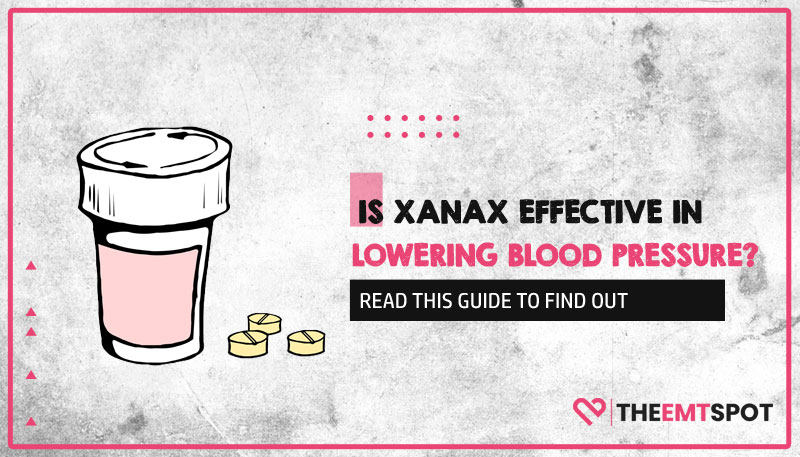
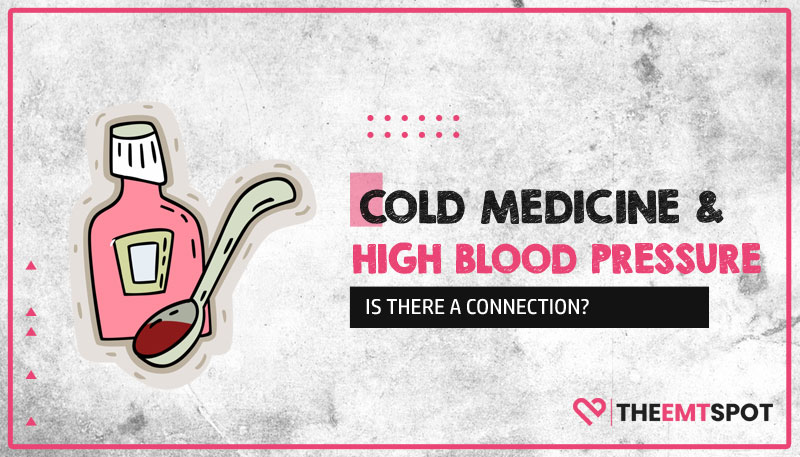
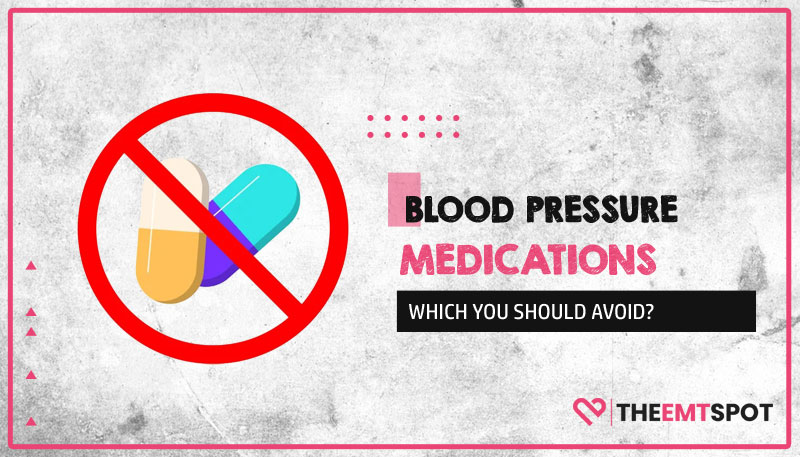
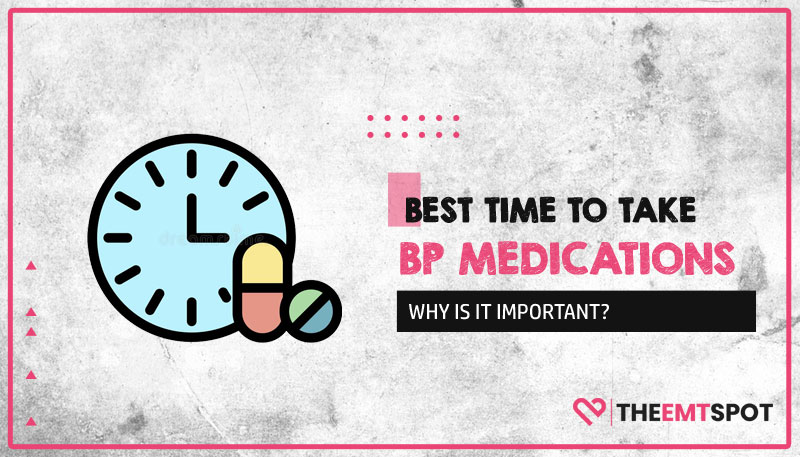
 Robin Backlund is a dedicated journalist and a medical student who has written several articles and essays exposing the falseness and hollowness of online resources in the medical science niche.
Robin Backlund is a dedicated journalist and a medical student who has written several articles and essays exposing the falseness and hollowness of online resources in the medical science niche.